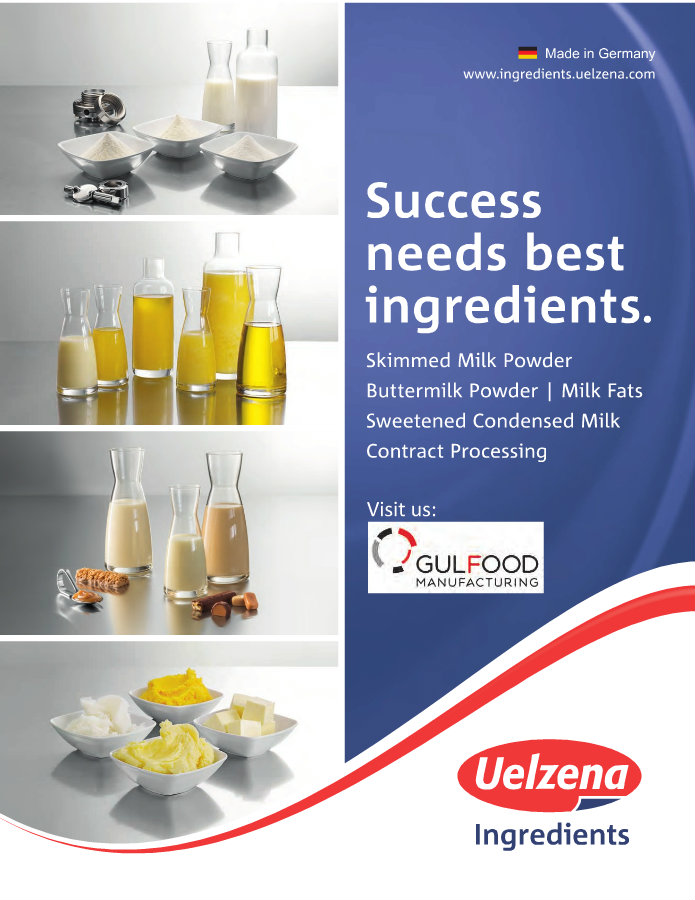- Poorer homes buy more processed food because they believe it is cheaper
- Families think there is a 'social divide' and there is a 'two-tier food society'
- Fast-paced modern lifestyles mean some individuals are too busy to cook
- Modern food habits mean people are eating more calories than they need
They think healthy eating costs more and even worry that Britain is a ‘two-tier food society’, it revealed.
Poorer households bought more processed junk food because it was cheaper, the survey’s participants believed.
The Our Food Future study by the Government’s Food Standards Agency questioned 1,383 Britons.
On food being a class issue, the FSA said: ‘Participants raised concerns that we are increasingly seeing a social divide in relation to food. These concerns were also compounded by a perception that fast-paced modern lifestyles meant that some individuals were too busy to cook and eat healthier, less processed foods.


Historically, the British diet for all involved a relatively healthy mix of meat and two veg. But today’s culture of ready meals, pizzas and eating on the go means adults and children are consuming many more calories


Those polled assumed poorer households were more likely to buy convenience, processed food laced with fat, sugar, salt and calories because it was cheaper
‘For example, some people felt that organic produce which was exempted from some of this modern processing was healthier and tastier, but that you paid for the privilege.’
It added: ‘Participants expressed anxiety that food is becoming a “class issue” – increasingly perceiving a divide between the haves and have-nots in terms of the kind of food they eat. Participants expected that this trend would continue in the future, and even worried about a two-tier food society.’
Those polled assumed poorer households were more likely to buy convenience, processed food laced with fat, sugar, salt and calories because it was cheaper.
Historically, the British diet for all involved a relatively healthy mix of meat and two veg. But today’s culture of ready meals, pizzas and eating on the go means adults and children are consuming many more calories than they are burning.
Other factors such as the rise of working mothers mean cooking from scratch with healthy raw ingredients is also rarer.
One participant said eating cakes and biscuits was an occasional treat when she was young, but they were now eaten regularly and portions were bigger.

Other factors such as the rise of working mothers mean cooking from scratch with healthy raw ingredients is also rarer, the research found
The FSA said its public workshops questioned whether the food that we eat now is as healthy and as high quality as it was.
Even healthy ‘whole’ foods were perceived as less tasty than they used to be, with processing methods blamed. A woman from Cardiff said she had given up fruit as it was ‘tasteless’, while a Londoner said time pressures led to ‘silly choices’ in supermarkets.
The FSA survey also prompted debate over whether budgets dictated food shopping decisions. It reported ‘concern about the long-term health consequences of consumption of more processed foods, which were perceived to be sold at cheaper price points and thus readily available to consumers on a budget’.
Those polled ‘wondered if rising levels of obesity were in part driven by increased consumption of processed foods’. Subjects were questioned on the idea that eating healthily had to be pricier. The sparse diet of wartime Britain was healthier than that eaten by many people today.
The FSA added: ‘Participants acquiesced that eating healthily on a budget was not impossible, but challenging. To orient your food spend in this way required conscious deliberation and more time in terms of planning.’
A woman quizzed in central London said: ‘People feel pressured and overwhelmed, which leads to silly choices around food and in supermarkets.
‘The people who eat convenience foods are under more financial and time pressure.’




